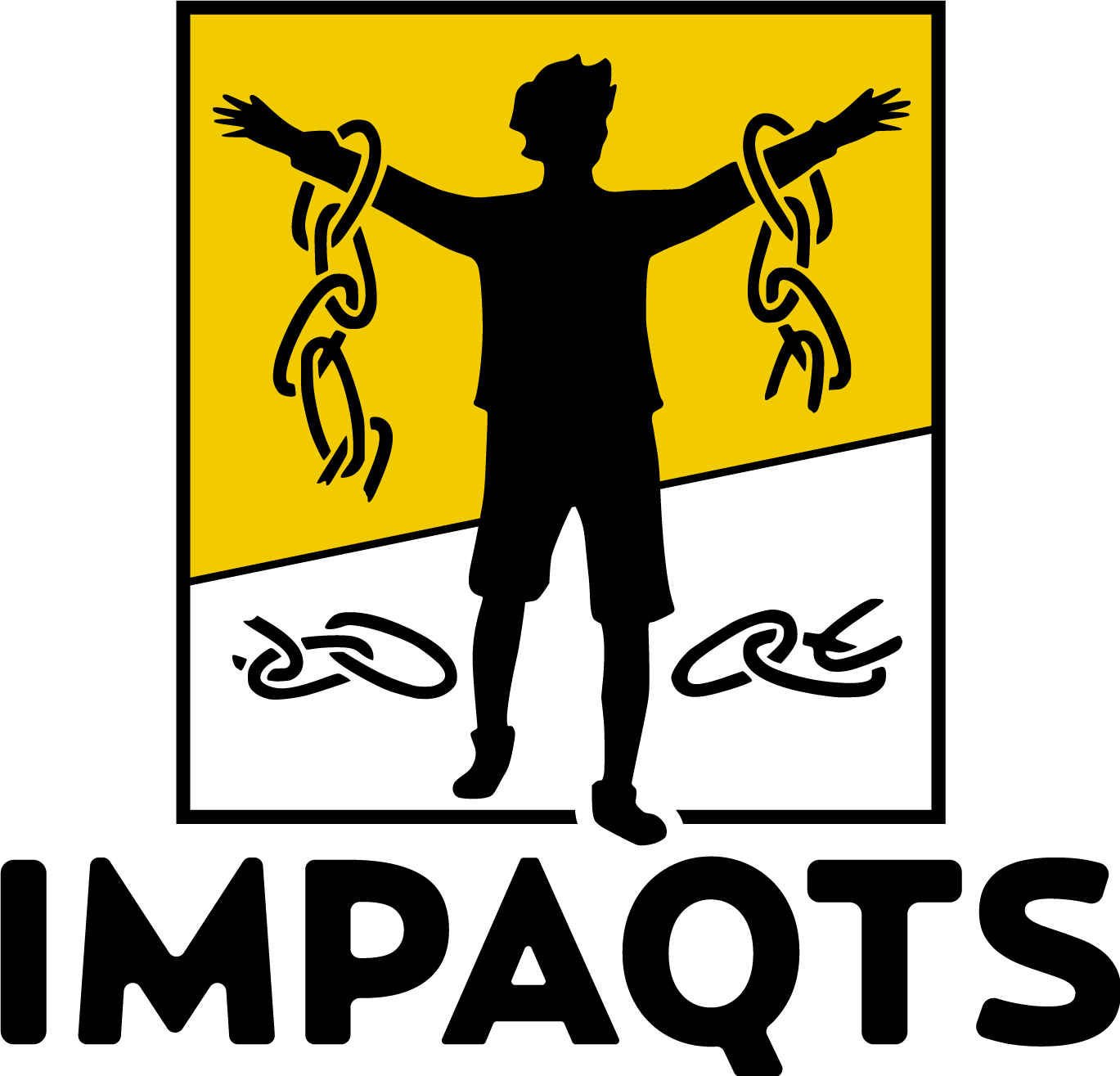Content
An open dialogue will make teens feel more comfortable to ask questions and express themselves. Drinking too much alcohol too quickly can put you at risk for various health problems. For instance, alcohol delays your reaction time which can put you and other drivers in danger if you get behind the wheel of a car. Additionally, excessive drinking impairs your judgement, leaving you at risk for unintentional injuries like sexual assault, domestic violence or alcohol poisoning. While binge drinking isn’t necessarily considered alcohol use disorder, it is something that it can lead to when the problem is consistent enough.
Individuals of African descent have a lower level of binge drinking followed by those of Asian descent. People who are homozygous for the ALDH2 gene are less likely to binge-drink due to severe adverse effects that occur even with moderate amounts of alcohol consumption. This is not the first study to address the health effects of binge drinking.
What Is Considered Binge Drinking?
Or perhaps you later feel shame and embarrassment about things you said and did while under the influence. You might wake up with questions like, “Did I do something stupid to endanger my loved ones? ” These lapses in memory only add to the sense of dread and confusion you experience the next day. Heavy, long-term alcohol use can lead to alcoholic liver disease, which includes inflammation of the liver and cirrhosis. Because denial is common, you may feel like you don’t have a problem with drinking.
If a person who has been drinking a lot is confused, vomits, has a seizure, has pale skin, or passes out, it may be a sign of alcohol poisoning. Although moments of binge drinking does not immediately mean someone has alcohol use disorder, binge drinking is often present in people who have AUD. If you binge drink regularly, it may be beneficial to seek out help for alcoholism. Only a licensed physician or mental health professional can diagnose someone with AUD and get them addiction treatment. If you feel you are sliding down the slippery slope to alcohol addiction through binge drinking, or excessive alcohol consumption, seek the professional help needed to safely enter recovery.
What Is Binge Drinking and Who Is Doing It?
Our addiction specialist explains what to look for if you or a loved one might be binge drinking. To stop the pattern of binge drinking, it’s important to understand why and how you drink. It might be beneficial for you to get help from an addiction counselor or physician. Understanding your relationship https://ecosoberhouse.com/ with alcohol will give you the opportunity to see if sobriety is something that would benefit you. If binge drinking has become a normal pattern in your life, you may have an alcohol use disorder. Binge drinking isn’t just dangerous in the long term, it also has short-term effects.
It also helps you retrain your brain and psyche to overcome alcohol cravings and become more healthy. Alcohol rehab may be inpatient, which requires you to live at the facility, or outpatient, which involves regular visits for treatment. Binge drinking is common in college settings but is connected with decreased academic performance and a lower rate of degree completion. In some people, the initial reaction may feel like an increase in energy. But as you continue to drink, you become drowsy and have less control over your actions. If you’re ready to quit drinking and get your life back on track, we’re here to help.
Binge Drinking
You might not recognize how much you drink or how many problems in your life are related to alcohol use. Listen to relatives, friends or co-workers when they ask you to examine your drinking habits or to seek help. Consider talking with someone who has had a problem with drinking but has stopped. Treatment providers are available 24/7 to answer your questions about rehab, whether it’s for you or a loved one. Submit your number and receive a free call today from a treatment provider. Get professional help from an addiction and mental health counselor from BetterHelp.
- Abstinence is one way that many have successfully stopped binge drinking.
- Binge drinking involves a pattern of short but heavy bursts of alcohol use.
- Most American adults drink alcohol at least occasionally, but about 1 in 4 knock back several drinks in a short period of time at least once a year.
- You might try cutting back on your drinking but find that you suffer headaches, fatigue, anxiety, or irritability on the days when you don’t drink.
Because of this initial effect, people often use alcohol to cope with social anxiety. You might binge drink in order to feel confident talking, flirting, binge drinking effects or making jokes with strangers. Many alcoholic beverages have lots of calories, and you might not notice that because they’re so easy to consume.
Is Binge Drinking the Same as Alcoholism?
Additionally, individuals who binge drink are more likely to develop an alcohol use disorder, otherwise known as alcoholism. Also, individuals may develop severe emotional effects of binge drinking over time. If you or a loved one routinely binge drink, it is necessary that you seek professional help for alcoholism. Binge drinking can lead to several short-term and long-term effects. Someone who binge drinks may experience impaired judgment, nausea, vomiting, and even unconsciousness.
